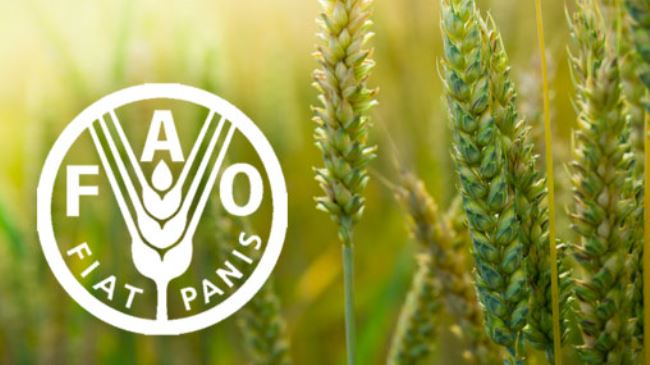A looming spike within the costs of staple meals resembling rice, maize, millet, and cereals is projected to affect Nigeria and a number of other different nations throughout the West Africa area subsequent yr.
That is based on a report titled “West Africa Regional Provide and Market Outlook, by the Meals and Agriculture Organisation in December.
The report attributed the surge to a mix of things, together with a lower in manufacturing, commerce restrictions, and international geopolitical influences.
It famous that these developments might pose challenges to meals accessibility and affordability within the area, requiring vigilant consideration from each policymakers and the general public.
The PUNCH reported that meals inflation rose to twenty-eight.20 per cent in November from 27.33 per cent in October.
Largely pushed by the surge within the value of meals, month-month headline inflation final month was 2.09 per cent, which was 0.35 proportion factors increased than what was recorded in October (1.73 per cent).
Additional, the report said, “Staple costs at the moment stay above the five-year common throughout the area. That is attributable to a mix of things together with manufacturing deficits, commerce restrictions, insecurity within the Sahel, elevated international costs, excessive transaction prices, and foreign money depreciation within the coastal nations of the Gulf of Guinea.
“Furthermore, Nigeria’s annual inflation continues to climb, exacerbated by the removing of gasoline subsidies.
Costs are projected to remain above common owing to the restricted manufacturing efficiency, sustained demand, constrained humanitarian help, persevering with commerce disruptions, and safety and socio financial challenges within the area.”
